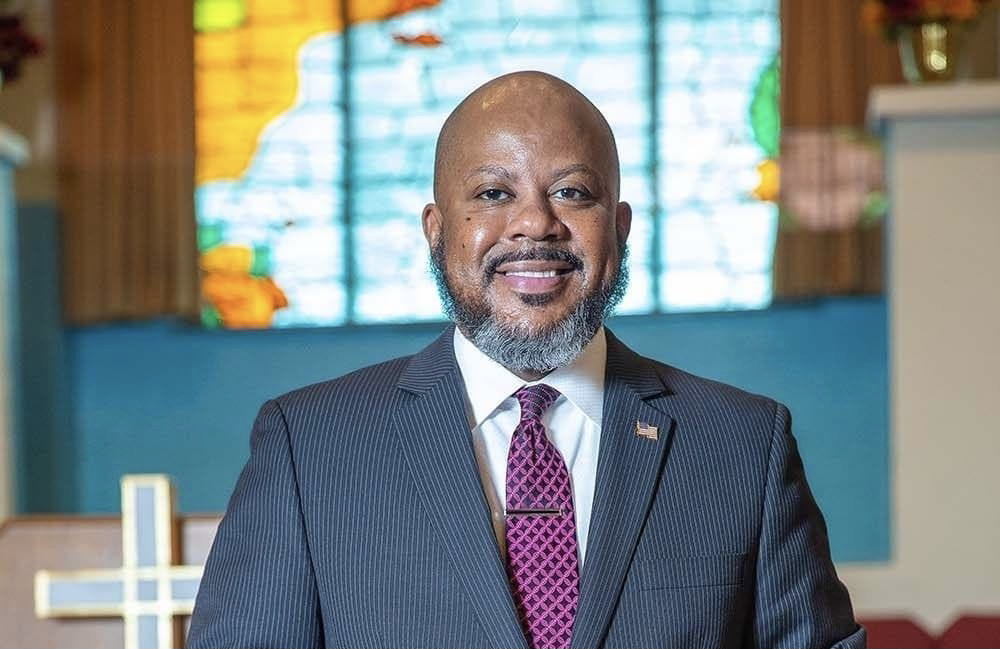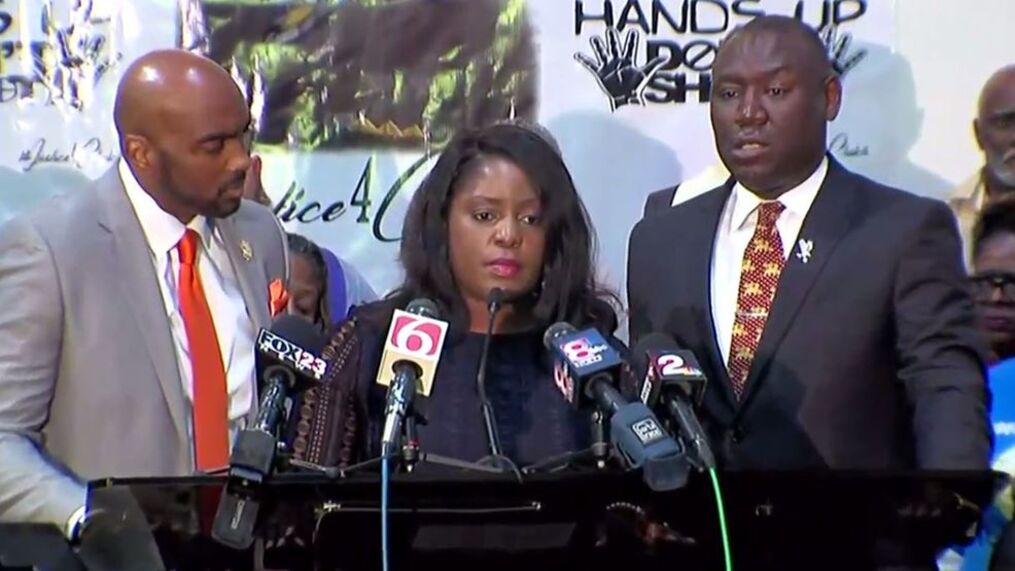
Pastor Anthony L. Scott
Then the LORD said, “I have observed the misery of my people in Egypt and have heard them crying out because of their oppressors. I know about their sufferings, and I have come down to rescue them………So because the Israelites cry for help has come to me, and I have also seen the way the Egyptians are oppressing them, therefore go. I am sending you to Pharaoh so that you may lead my people, the Israelites, out of Egypt. – Exodus 3:7-8a;9-19 (CSB)
Born in Louisa County, Virginia on the 14th day of December 1829, John Mercer Langston went on to become a leader and figure in the anti-slavery movement. He once made this statement about the complete abolition of slavery, “it finds its origin in the wants, necessities of man; and its principles of love and mercy, of beneficence and good-will have their home in the bosom of God.” He further embraced and promoted the indisputable fact, that the first representative hero of the anti-slavery movement of whom history makes record is the Jewish lawgiver, who was appointed to appear before Pharaoh.
The story of the Exodus was in the mind of Langston, God’s solemn protest against oppression and His ineffaceable and eternal proclamation in favor of the largest, and fullest freedom. The Bible, in legislating love, is the original, the God given proclamation of independence and freedom.
While delivering his historical essay simply entitled, The Exodus, on the 7th day of October 1879, some sixteen years after the signing of the Emancipation Proclamation, he addressed the causes which led colored people of the south to leave their homes and migrate North. He wrote, “although emancipated and legislation has been had in this case, as stated, still he has not been given practical independence.” It was a travesty of justice to be granted legal freedom yet continue to be practically enslaved. Such things, said Langston, “will continue so long as the spirit of slavery exists in the south.”
In looking at Exodus 3:7-10, I am encouraged as always to see God making a large promise for a great need. The great need is addressed as I discover it is one thing to hear of God’s interest in our affairs from a third person, but quite another to hear from God himself. With great force, God represents Himself as seeing as well as hearing. Hearing indicated that He was aware of their troubles and needs. Seeing indicated the investigation He made for Himself. God was not dependent on the complaints of the people for His knowledge of their troubles. When He came down to meet Moses at Horeb, it was not to receive an account of their situation because He already knew.
Instead, He met Moses on that sacred mountain to deliver a larger promise. God may be long unmanifested, but, when He appears it is always with indisputable proofs of His presence. He may be silent, but when He speaks, it is with statements and promises true to His character. I have found that God has not only an interest in the removal of an immediate burden, but He also wants to bestow our future liberation, independence, and blessedness. So, if it seems at times like God wants little to do with your situation or you feel He is unconcerned, remember He will not only provide for and meet your current need, but He will also make a way for you to experience continued promises in the future.










